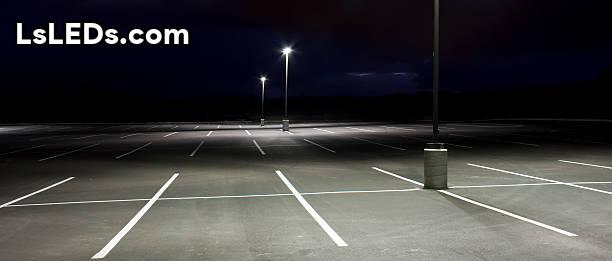
Table of Contents
Are solar parking lot lights worth the investment?
You will pay more for a solar light over a traditional light due to the additional solar components. If a grid-tie light costs 2,000, you should expect to pay about 3000 for a solar light.
Are solar street lights worth the investment?
Compared to traditional lighting, solar street lighting is worth the money because it saves corporations, businesses, and municipalities money over time. You don’t have to replace the fixture as often, you can save a lot of money on trenching, and you don’t have to pay for permits.
Are solar panel lights worth it?
If you’re looking for cheap solar lights in the UK, you’ll be hard pressed to find one that’s as good as the one you’re looking for. British consumers won’t pay for them because they’re too expensive to make.
Do solar lights save money?
Solar lights save money due to the fact that there are no energy bills to pay, along with saving a lot of money on commercial lights outdoors. There is no cost for solar energy. The 20 lights will cost 16,750 dollars over the next 5 years.
How long do solar street lights Last?
The lifespan of a solar street light can reach 3 to 5 years, and the key component affecting the life of solar street lamp is a battery.
What lighting is best for parking lots?
What kind of lights are used in parking lots?
High intensity discharge (HID) lamps, if they are very old, are one of the three types of lamps used in the parking lot lights.
What kind of lighting is best use for outdoor parking?
LEDs are preferred for parking lots because of their low energy requirements, good color, and long life. LED outdoor lights have long lifespans and can help reduce light pollution.
Which type of light is often used to illuminate parking lots at night?
Industrial settings that use high-pressure sodium lights include manufacturing plants, parking lots, and security areas. The brighter the light, the less orange it is.
What happens when you put a 100 watt bulb in a 60 watt lamp?
The insulation on the fixture’s wires could be damaged if a 100 watt bulb is put into a 60 watt fixture. Arc faults, where an electrical current falls off its intended path, are a leading cause of home fires and can be caused by damage to wires.

How many lumens do you need to light a parking lot?
Light bulbs in your home are the same as parking lot lightings. Two 20,000 lm lighting heads are usually recommended for the parking lot. The pole needs to be placed 20 feet apart. That is not very bright.
What is a good amount of lumens for outdoor lighting?
12 to 1,300 lm is the best range of lighting for outdoors. Between 50 and 700 is the amount of light you need for landscape lighting. The amount of brightness is what most people want.
How tall is a parking lot light?
It is possible for parking lot lights to reach as high as 35 feet.
Is 3000 lumens bright enough for a garage?
Measure your garage to find out how much light you need. 50 lm per square foot is recommended for residential garages and 300 lm per square foot for workshop areas.
What are lights in parking lots called?
The term parking lot lighting refers to the outdoor lighting mounted on poles and located in parking lots, pathways and driveway.
What is the average height of a parking lot light pole?
How tall are most light poles?
Street pole heights can range from 9 to 14 feet. The street light pole needs to provide enough light in order to not have a lot of glare.
How much does a parking lot light pole cost?
The cost of a highway light pole is expected to be between 2000 and 3000 dollars. The electrician’s cost to put in a highway light is up to a thousand dollars.
How tall is a lamppost?
The typical height of a street lamp post is between two and fifteen meters. The pole is considered to be a high mast.
How tall is a power pole?
The standard utility pole in the US is about 12 m long and 6 m deep. Pole heights can be as high as 120 ft (37 m) to meet clearance requirements.
